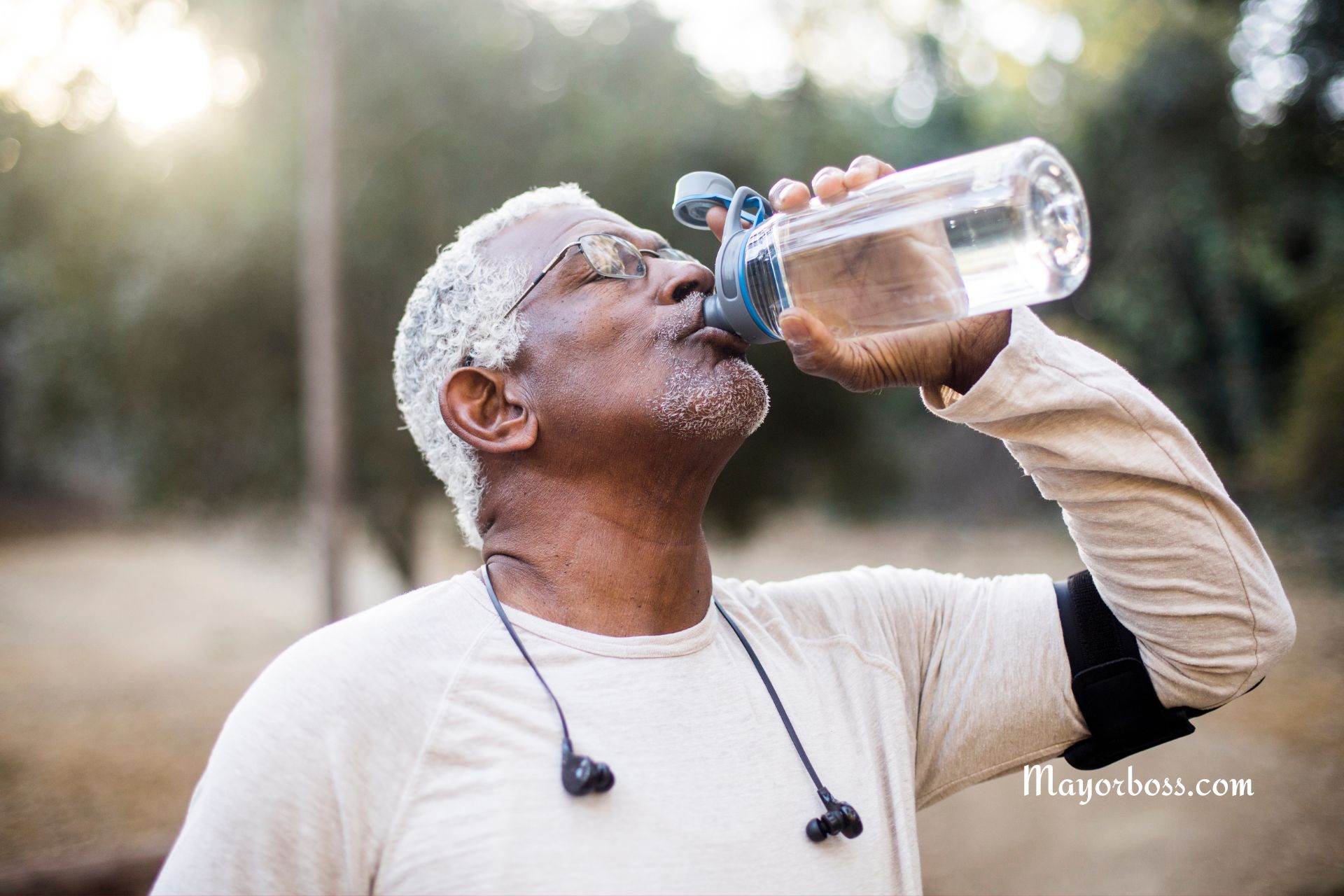How Many Bottles of Water Should I Drink in a Day?
Staying hydrated is required for your body to function correctly. Water not only quenches our thirst but plays a crucial function in regulating body temperature, transporting nutrients, lubricating joints, flushing out waste products, and much more. But how much water is enough? And does this amount translate perfectly into a particular number of bottles? Let’s dive deeper.

The Importance of Water
Our bodies are primarily composed of water. This precious fluid makes up approximately 60% of our body weight. To maintain essential bodily functions, we constantly lose water throughout the day, predominantly through urine, sweat, breath, and bowel movements. To avoid dehydration, replenishing lost fluids becomes paramount. Dehydration happens when fluid loss exceeds fluid intake, potentially leading to negative health consequences.
General Water Consumption Guidelines
While various recommendations exist, a helpful starting point is the daily fluid intake suggestion from the U.S. National Academies of Sciences, Engineering, and Medicine:
- Men: Approximately 15.5 cups (3.7 liters) of fluids.
- Women: About 11.5 cups (2.7 liters) of fluids.
It’s essential to remember that these are general guidelines. Several factors may influence our bodies’ actual need for water.
Factors Affecting Your Individual Water Needs
- Activity Level: Highly active individuals or those exercising regularly sweat more, increasing their fluid needs.
- Climate: Living in hot or humid environments results in more significant fluid loss through perspiration, therefore requiring a higher fluid intake.
- Overall Health: Certain health conditions, such as kidney problems or fever, can increase your body’s need for water. Conversely, some medical conditions may necessitate restrictions on fluid intake.
- Pregnancy and Breastfeeding: Pregnant and lactating women need additional fluids to support their own health and meet the increased demands of their bodies.
- Diet: Consuming foods rich in water, like fruits and vegetables, contributes to your overall fluid intake.
Should I Count Bottles or Focus on Ounces?
While the “8 glasses of water a day” rule has been promoted as a standard, it doesn’t offer a one-size-fits-all answer. Since water bottles come in various sizes, tracking your intake in ounces is often more effective. Using the National Academies’ recommendations above, translate those amounts into the size of your preferred water bottle to track your progress easily.
Beyond Plain Water
It’s important to emphasize that while water is the best source of hydration, there are other ways to meet your fluid needs. These include:
- Fruits and Vegetables: Many fruits and vegetables, like watermelon, spinach, and cucumbers, boast high water content.
- Beverages: Unsweetened tea, milk, and broth all contribute to fluid intake. Be mindful of the sugar content in some beverages.
Signs You Might Not Be Drinking Enough Water
Our bodies are quite adept at alerting us when we’re not drinking enough water. Be watchful for these signs of mild dehydration:
Tips for Staying Hydrated
- Take a water bottle: Having a reusable water bottle with you keeps water within reach.
- Flavor naturally: Infuse your water with fruits, vegetables, or herbs for a taste boost.
- Set reminders: Use an app or simple timers to remind yourself to drink water regularly.
- Hydrate before the activity: Be sure to start outdoor activities or workouts that are already well-hydrated.
- Listen to your body: Our thirst mechanism is a good indicator of hydration; heed its signals.
Important Note: Staying hydrated is essential, but overhydration is also possible. While uncommon, drinking excessive amounts of water can dilute your blood’s sodium levels, leading to a condition called hyponatremia. Most healthy individuals with properly functioning kidneys should trust their thirst response and not worry about overdrinking plain water.
The Bottom Line
The number of water bottles you should drink per day is influenced by multiple factors. Use general guidelines as a starting point, adjust based on your personal needs, and learn to read your body’s cues. With some mindful attention, prioritizing hydration will help support your overall health and well-being.
